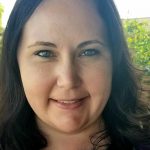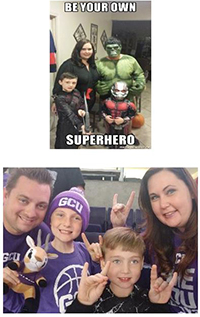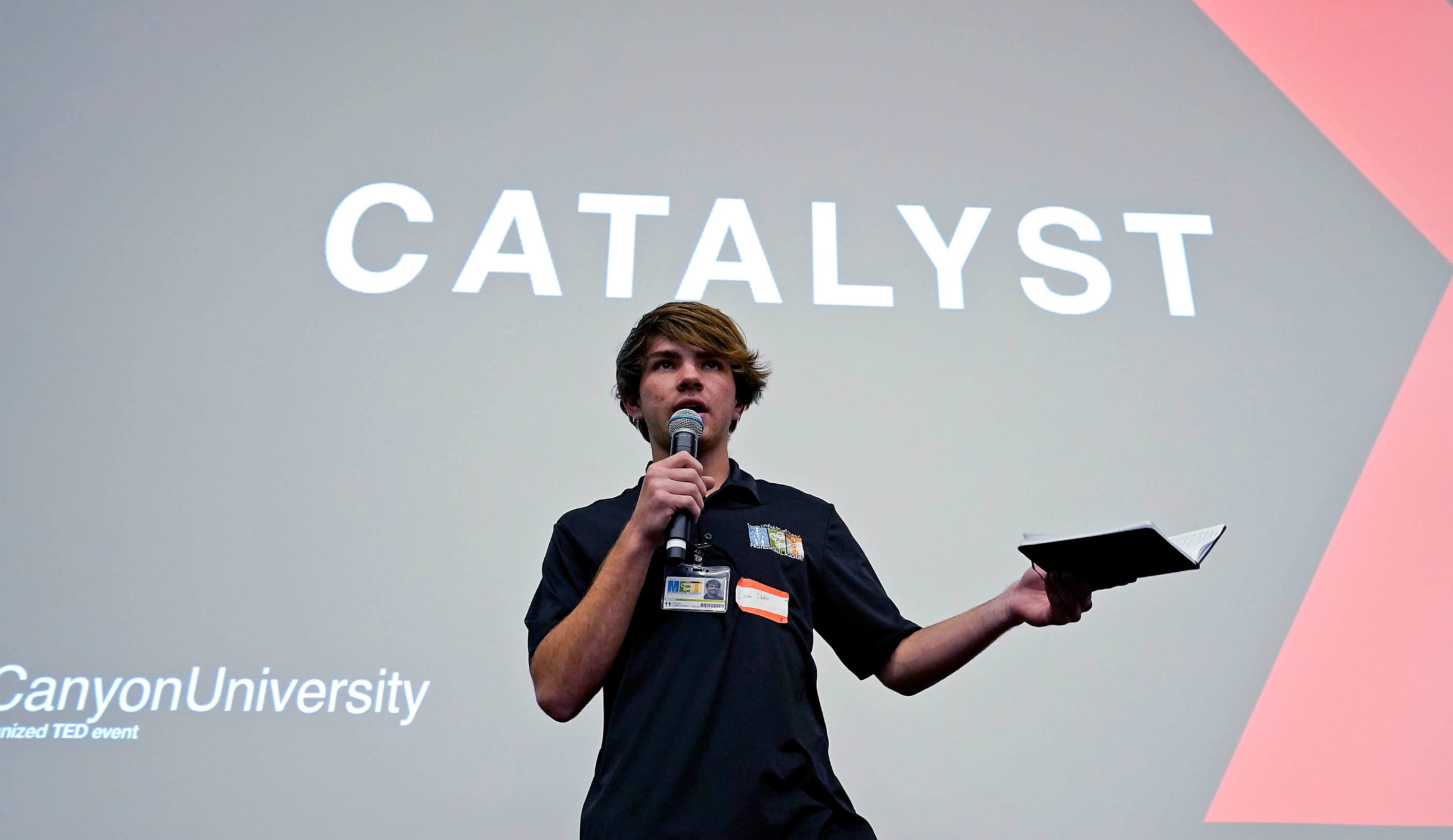
By Mike Kilen
GCU News Bureau
In many ways, the award-winning presentation by two Grand Canyon University professors last August was prescient.

“It was sort of like a Mr. Rogers’ welcome to the neighborhood – how the idea of knowing each other and celebrating each other can be transferred to the online classroom,” said Sonya Berges, Assistant Professor in the College of Education. “This learning theory is called a sense of community. It connects. There is a feeling of belonging, feeling you have a voice, feeling emotionally connected to your classmates …
“The notion that we are all in this together.”
Long before COVID-19 sent teachers and students home to teach and learn remotely and long before the previous quote became a rallying cry for a pandemic, Berges and Dr. Crystal McCabe were urging a digital togetherness.
Their presentation, “Welcome to the Neighborhood: Building Community in the Online Classroom,” on June 1 was given the Shauna Schullo Award for Best Distance and Teaching Practices at the Distance Teaching and Learning Conference at the University of Wisconsin in Madison.
In its 35th year, the conference with representatives from 40 states and 12 countries is a highly prestigious destination for presenters, so to win the award for their presentation gave them goosebumps, said McCabe, Associate Professor in COE.
The award is named after a young teacher who, as a Ph.D. in Distance Learning, made major contributions in the study and practice of distance learning before dying of cancer.
“I’m looking at her life and all she did, and it really made it all the more powerful,” Berges said.
The winner was picked by a panel of three distance-learning experts for its relevance to learners, ease of implementation, impact, creativity and quality, said conference organizers.
“They are most deserving of this award and we appreciate their leadership in online teaching and learning,” said Dr. Kimberly LaPrade, Dean of COE. “This is another example of how GCU leads in this area.”

GCU brought 18 presenters to the conference.
“GCU obviously stands out when it comes to online learning,” McCabe said. “We kind of know what we are doing, so we flood these types of conferences.”
The 50-minute presentation carries a deeper meaning today with instructors at all levels learning the best tools to keep students engaged and excelling in a remote learning environment.
Berges shared her online classroom tips, which include directing students to the online “class wall” early in a course to “meet someone” and jump-start interaction. It helps them find another student with whom they share similarities.
“They are a single mom, they have pets, they like to hike or have two kids. You just build that connection, ‘Who am I, really?’ Then they are not strangers anymore,” she said.
Those connections have benefits.
“Sometimes, when you are sheltered by a computer and protected by that computer you can send off emails or messages that are blasts – nasty, mean comments,” Berges said. “But if we see each other for who we are personally I think those messages dissipate.”

McCabe also launches her courses with the human touch, often using her own life and photographs – “my kids have become the product of memes” – to let students know that “I am a person and I had the same struggles, a family that I had to balance with work and school.”
She typically utilizes national holidays, such as National Sugar Cookie Day, to get students to share from their own lives and has found it leads to the most interactive traffic as they get to know each other – and some good recipes.
“It takes away that silo effect. They are not alone. They are part of a community, and even though it’s not that traditional setting of face to face sitting in a classroom at desks, they are part of a classroom,” she said.
How do all these warm fuzzies help students to learn?
McCabe said students start to build study groups or meet face to face to exchange information. They help each other stay motivated when the going gets tough.
This sense of community also helps them gain confidence in admitting their mistakes or that they don’t understand material.
“I look at learning as building on a series of mistakes,” Berges said. “If we got it right the first time, we wouldn’t understand what went into that learning process.”
She compares it to a baby learning to walk. They don’t take one step and take off running right away.
“That is not how a body learns and that is not how a mind learns. By building that community our students are more likely to come to each other and come to me and overcome that embarrassment or frustration and be themselves and say they don’t understand the concepts and need help.”
The classroom becomes a safe place, she continued, and research shows that students who feel like they are not in a trusting environment don’t learn as much.
The presentation was interactive and included ice-breakers and small groups brainstorming ideas to build community. The duo got a sense of how it went over when the man in the back who was supposed to hold up cards to tell them how much time was left in their presentation forgot to do so because he was engaged in the activities.
“We gave out a prize, and the time-monitor guy was the first one to share,” McCabe said. “I wasn’t sure if he was helping us out or if he wanted to win the prize.”
He certainly felt welcome in a neighborly presentation, also the subject of Berges’ dissertation. She picked McCabe to be the content expert on her dissertation committee.
Grand Canyon University senior writer Mike Kilen can be reached at [email protected] or at 602-639-6764.






















































